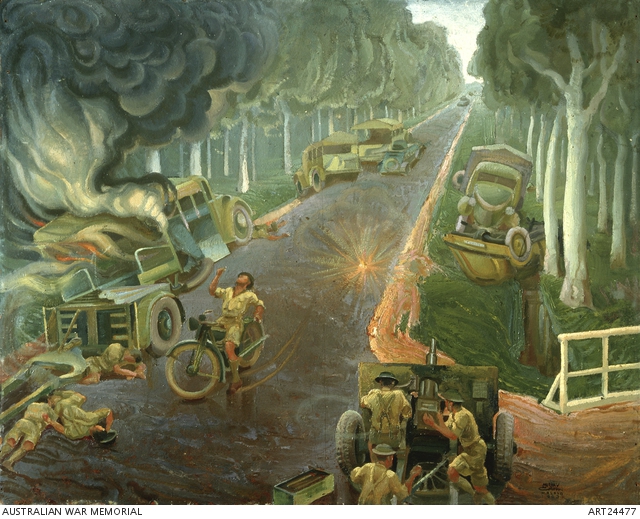Tanamera by Noel Barber
Corgi
Pp. 736
Tanamera (from the
Malay meaning ‘red earth’) is the saga of the eponymous house and all who live
in her, namely the Dexter family. It is a tale of a dynasty, narrated by John
Dexter, and, by extension, a novel of Singapore. Of course it is a white
colonialist’s view of Singapore and contains all the inherent classism, racism
and sexism one would expect to find in a novel written in 1981. It claims to be
both a witness to the change in the country before and after the Second World
War, and a love story, but it is so partisan that it can barely be either,
especially as the women are very poorly drawn caricatures.
The descriptions of Singapore are as viewed by an ex-pat; there are
tennis clubs and gin and tonic on the veranda. And it is hot, and full of
insects. The Dexter dynasty, and the house, was established by Grandpa Jack who
made his money through rubber (Dunlop), railways, shares in tin mines, and
setting up Raffles. The novel condenses the history of rubber and those who
control the price and the export of it. The colonialist attitudes are jarring
but not unusual: the casual racism and exploitation of the local people is
hugely unpalatable but typical of the time. This attitude of superiority extends
to gender and sexuality, as the narrator says of his brother, “even though
Tim’s sickness manifested itself in his trousers, it was the head that needed
attention.” He also refers to Tim, as “that fairy” and “a bugger boy”.
The narrator cannot write a credible female character. Julie, his love
interest, is docile, compliant and beautiful, like an ex-pat’s colonial dream
of an Asian woman. She is happy for him to take her virginity and does not mind
that she is not allowed in his tennis club or at his parties, saying demurely,
“I’ll always be yours if you want me.” Her looks and desirability to other men
raise her value in his eyes and he admits to a “fierce feeling of possession
and intimate knowledge of showing Julie off. Of course Johnnie marries and has
children with someone else, while claiming to retain undying love for Julie. He
tries to justify his actions as Julie forgives him for sleeping around and
marrying someone else because there is licence to cheat during the war,
apparently. She is light-hearted and never remonstrates with him but quotes
poetry instead in a parody of the accommodating oriental mistress.
It is unlikely that he appreciates a woman’s ability to enjoy herself
sexually; he has sex with a friend, Vicki, when they are both married to other
people and she tells him, “Every married woman secretly dreams of being raped –
by a friend of course.” Later, Julie repeats this nonsense, with the exact same
words. This dangerous fantasy of his displays a complete lack of respect and understanding.
Dramatic scenes later in the novel linger on the prurience of a gang-rape of
his wife and sister, Natasha.
 |
| Action at Parit Sulong, January 1942 by Murray Griffin |
There is some merit within the book, however, and it is in the description
of war and how it affects Singapore (as seen through a colonialist’s eyes). There
is a strong ‘end of an era’ atmosphere as can be expressed when viewing it in
hindsight. War, when it comes, is initially just another reason for exploitation
and profiteering, as it is seen from a distance as capitalists prepare for its
approach. Eventually Singapore falls and the war comes directly to the Dexters,
as John fights in the jungle, and there are detailed descriptions of making
bamboo bombs and the sadistic torture methods and general savagery of the
Japanese. As Barber’s reflections become more political and less personal, he
includes footnotes to historians’ writing as if to back up his fiction with
fact. He is better at understanding the big picture than individual
motivations.
As
a rambling novel of a family saga with Singapore as a backdrop, this is an
ambitious work. One is reminded of James A Michener’s Tales of the South Pacific. He couldn’t write women either and
approached the situation from a white male colonialist viewpoint, but it won
him a Pulitzer Prize in 1948 when that was the only perspective that mattered. Hopefully
times are changing.










